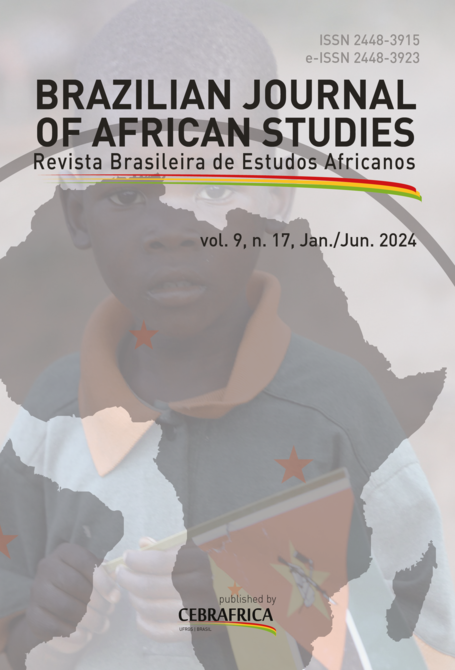MEDIATION DYNAMICS AND COMMITMENTS FOR PEACE IN MOZAMBIQUE (1989-2019)
DOI:
https://doi.org/10.22456/2448-3923.138014Keywords:
Conflict mediation. Reconciliation. Sustainable peace.Abstract
The negotiations that culminated in the signing of the 1992 peace agreement were preceded by a 16-year civil war and the belligerents were the government of the Mozambique Liberation Front and the former rebel movement, the National Resistance of Mozambique. The pretext for the war was the demand for the implementation of multi-party democracy, in a context in which the government had defined Mozambique as a Marxist-Leninist state. The peace process was mediated by national and international actors, including clergy, diplomats and government representatives. However, despite significant advances in the democratization of the country, there were also setbacks caused by exclusion and the lack of effective national reconciliation. The research is based on a bibliographic review and supported by the theory of multi-track diplomacy, taking into account the intervention and interdependence of various levels of actors and, consequently, the intersection of multiple synergies and strategies in the conflict resolution process. The above time limit is between the beginning of negotiations that culminated in the signing of the Rome Peace Accords in 1992 and the signing of the last peace agreement in 2019.
Downloads
Downloads
Published
How to Cite
Issue
Section
License
The author will hold copyright over the published articles and retain publishing rights.

Brazilian Journal of African Studies is licensed under a Creative Commons Atribuição 4.0 Internacional.


